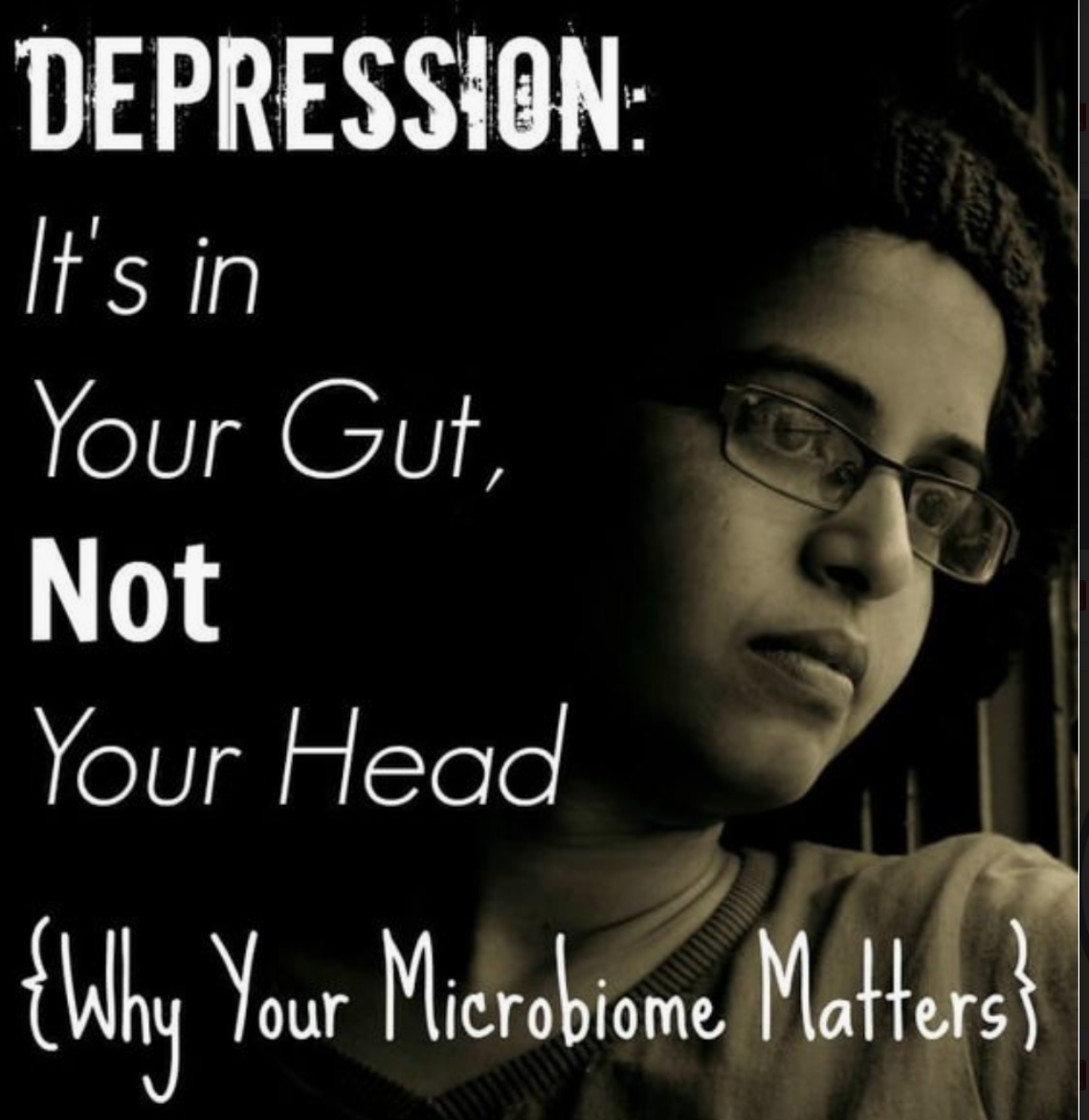GO WITH YOUR GUT

BY ERIC SANTANA – Nutrition management has always been emphasized as an important aspect of overall well-being. Often, many short- and long-term illnesses, can be traced back to poor diet and malnutrition. When people think of diet-related ailments, , common mentions include digestive tract issues, headaches, decreased energy, obesity, and many others. Recently, studies have begun to delve into the influence of diet on the internal microenvironment – specifically,microbiota within the stomach – and have formed new claims in regard to how diet may impact a variety of mood disorders such as depression and anxiety.
The central hypothesis developed by the scientific community; specifically nutritionists, psychologists, and doctors is that there is a bidirectional gut-brain axis, and the presence of a variety of healthy bacteria within the stomach produce neurotransmitters and metabolites that influence the brain’s overall function. For example, one study conducted at the Texas Tech School of Medicine confirmed that symptoms of gut inflammation were also correlated to symptoms related to depression. Furthermore, similar studies contributed to this connection and investigated the use of probiotics, finding them to help alleviate certain symptoms of depression. Essentially, this means that these mood-based disorders may really be tied to issues related to bacterial presence in the gut and in turn less related to the brain and/or mind itself.
These bacteria thrive in a particular environment, and that environment is only suitable when proper nutrition is maintained. A lack of suitable nutrition essentially causes the bacterial habitat to become unbalanced and the “bad” bacteria to take over the digestive tract. This changes the overall health of the stomach, and subsequently, the brain. Some foods known to promote a healthy gut and bacterial microbiome are nuts, seeds, leafy greens, sweet potatoes, low-sugar fruits, healthy fats (like avocado, olive and coconut) and lean proteins (such as pasture-raised chicken and grass-fed meat). The easiest way to make sure that the stomach is in correct balance is by eliminating foods that may cause the digestive system to be off balance, such foods include sugar, eggs, corn. gluten and dairy.
This new discovery could be very impactful in expanding our current understanding of mental health and diet all over the world. In recent years, there has been increasing concern in regard to the overprescription of antidepressant drugs to treat psychiatric conditions, and this new understanding could provide a healthier and more natural alternative. In response to the growing body of evidence, a new field of science and medicine has emerged: psychobiotics. This new field could have everlasting implications on the modern world. It could potentially create a positive large-scale change in terms of diet, and in response mental health. More information can be found at a variety of scientific databases such as the National Center for Biotechnology Information
